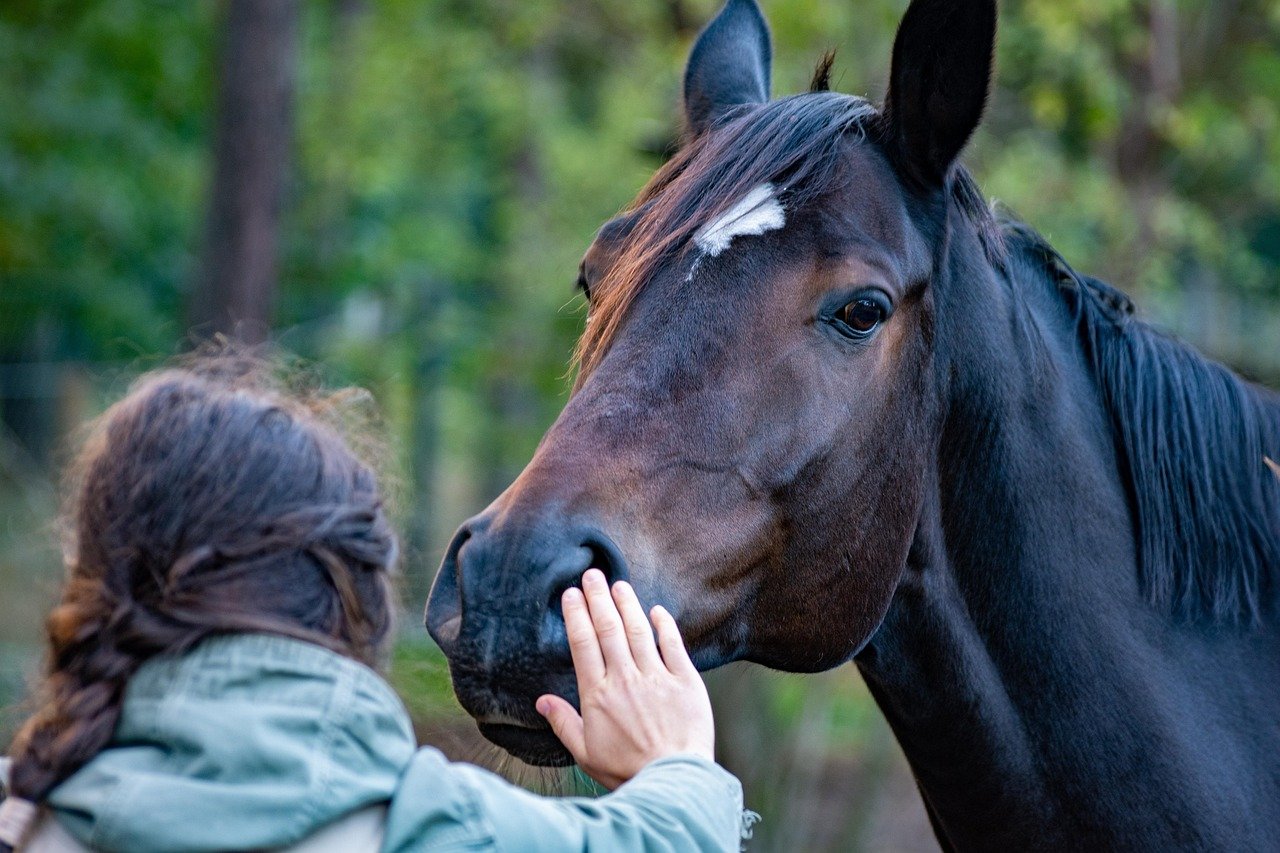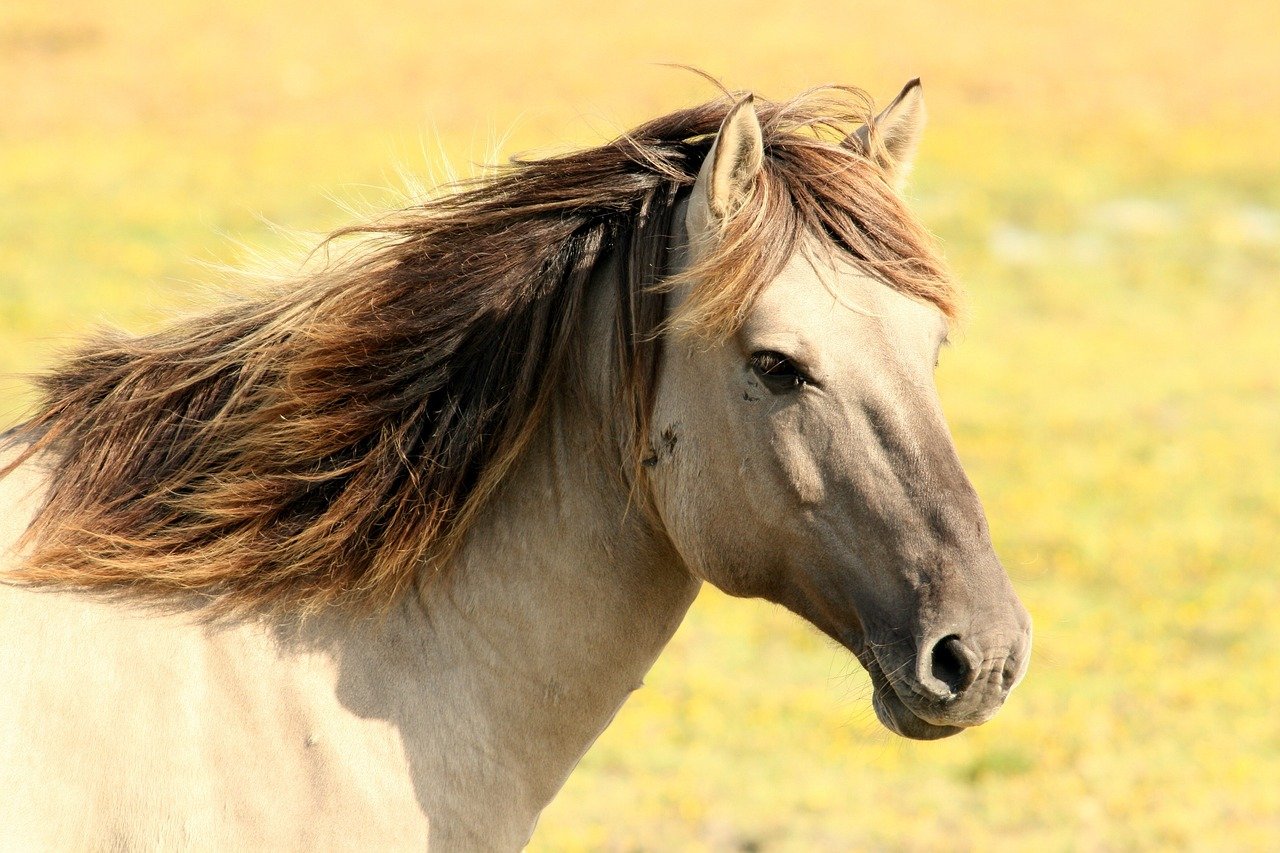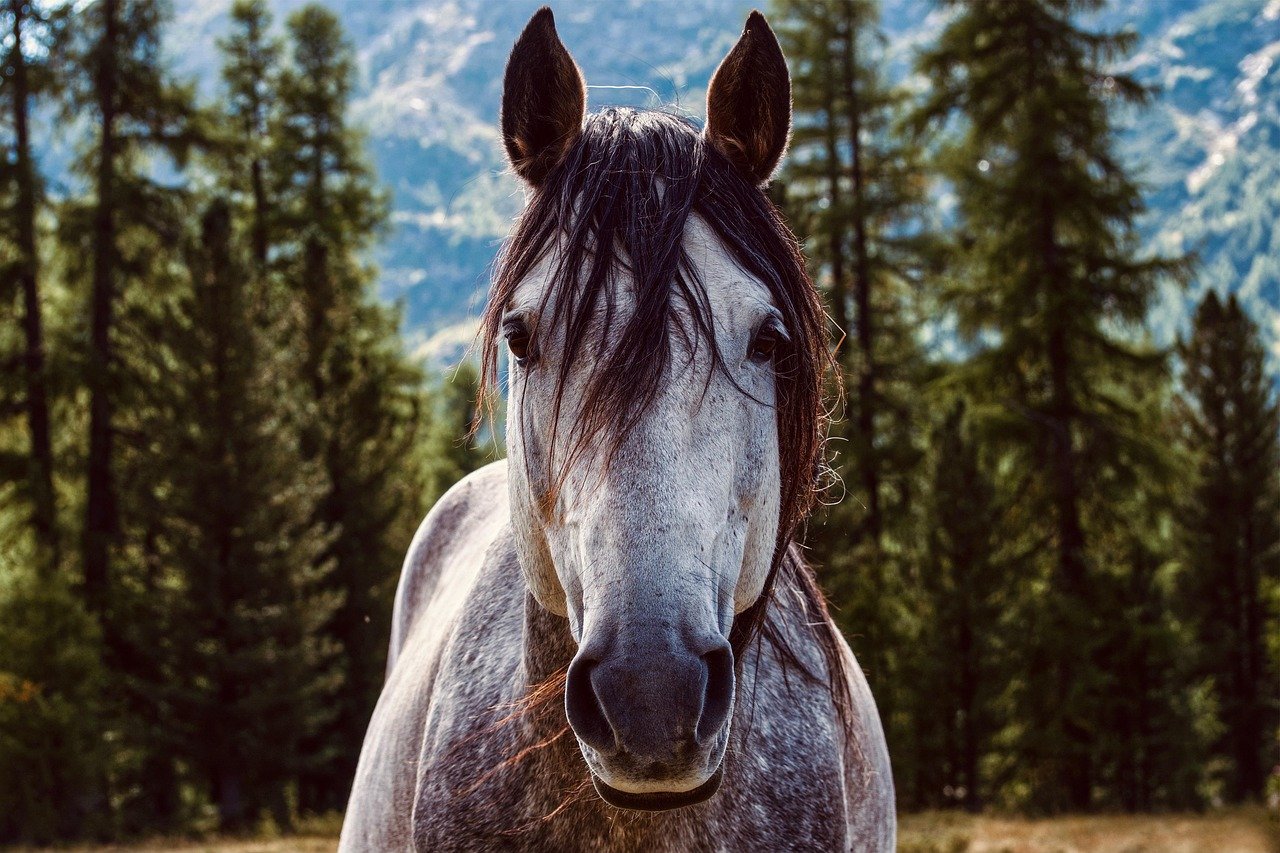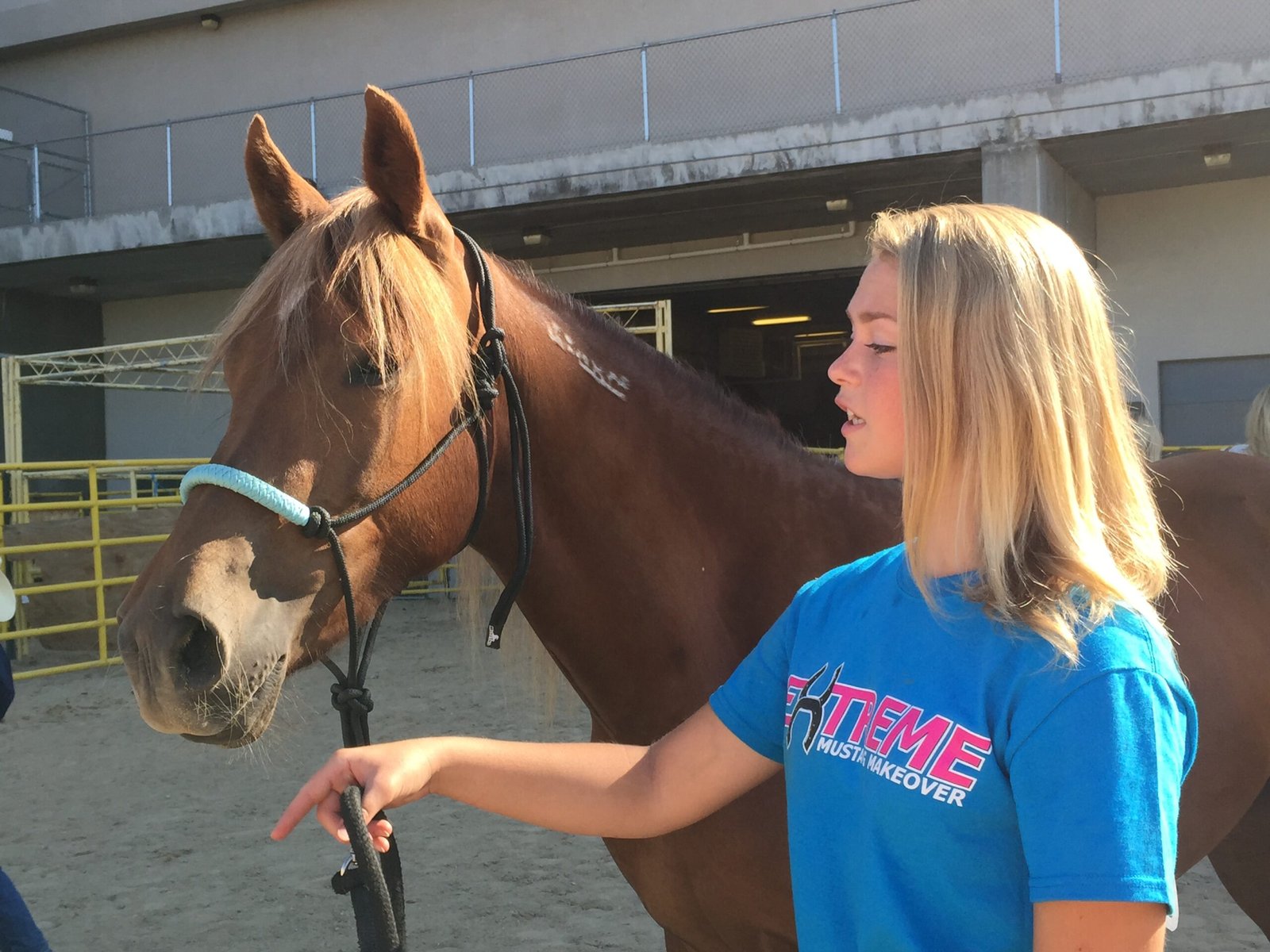Have you ever wondered what goes on in the mind of a horse when you speak? It’s a fascinating question that draws in anyone who has ever gazed into the gentle, intelligent eyes of these majestic animals. The bond between horse and human can feel almost magical, but the truth is, it’s built on communication—both spoken and unspoken. Some words seem to work like a charm, while others earn nothing but a puzzled flick of the ears. Why do horses respond to certain words but ignore others? Let’s dive into the surprising world of equine understanding, where trust, repetition, and emotion matter just as much as the words themselves.
The Nature of Equine Communication
Horses may not speak our language, but they’re surprisingly attuned to the sounds, tones, and cues we use. With proper training and consistency, they can learn to recognize specific words and commands — often responding with impressive accuracy. However, there are limits to what they can comprehend, and some words or phrases simply don’t register in a meaningful way. Understanding which verbal cues horses respond to best can strengthen your communication, build trust, and make daily handling safer and more effective.
Horses are deeply social creatures, relying on body language and subtle sounds to communicate with their herd. Unlike humans, who are dominated by spoken language, horses depend mostly on nonverbal cues. Their ability to interpret tone, posture, and even facial expressions is remarkable. Yet, horses aren’t completely deaf to spoken words. Over time, they can learn to associate specific sounds or words with actions, just as they learn to read the body language of their handlers. This natural inclination makes them excellent at picking up on training cues. Still, it’s important to remember that for horses, words are less about their meaning and more about the consistency and emotion behind them.
Simple Words Horses Commonly Understand
The words most horses understand are typically short, clear, and consistent. Words like “walk,” “trot,” “whoa,” and “stand” are staples in any horse’s vocabulary. These words are often taught from a young age and reinforced through daily repetition. Horses learn these commands because they are paired with specific actions or cues, such as a rider’s posture or the gentle pull of reins. Over time, the horse begins to anticipate what is expected when they hear these words. For example, a calm “whoa” often signals a stop, while a cheerful “walk on” means it’s time to move forward. Horses thrive on routine, and clear, simple words help them understand what their human wants.
The Magic of Tone and Emotion

It’s not just the word itself that matters to a horse, but also how it’s said. Horses have an uncanny ability to sense emotion in a person’s voice. A soothing tone can calm a nervous horse, while a sharp, urgent command can get their attention in a hurry. This sensitivity means that even if a word is unfamiliar, the horse often reacts more to the feeling behind it than the literal meaning. For instance, saying “good boy” with warmth and affection after a job well done will make a bigger impact than using unfamiliar praise. Horses are emotional sponges, soaking up the mood of their handlers, and tone can sometimes be even more important than the words themselves.
Words That Horses Rarely Understand

Long, complicated sentences or unfamiliar words are usually meaningless to horses. Telling a horse, “Could you please step to the left so I can clean your stall?” will only result in a blank stare. Horses don’t process human language the way we do. They don’t understand grammar, context, or nuance. Instead, they rely on cues they’ve learned through repetition. Words not paired with consistent actions or behaviors are easily ignored. This is why trainers emphasize short, simple commands and avoid cluttering their communication with unnecessary words.
The Importance of Repetition and Consistency
If there’s a secret to getting your horse to understand a word, it’s repetition. Horses learn by association, and the more often a word is used in the same way, the stronger the connection becomes. Consistency is key—using the same word, in the same tone, for the same action every time helps the horse build trust and understanding. Changing commands or mixing up cues only confuses them. For example, always saying “back” when you want your horse to step backward, paired with the same physical cue, creates a reliable association that the horse can count on.
Body Language and Words: The Perfect Pair

Horses are masters at reading body language. A slight shift in the rider’s weight, a raised hand, or a gentle squeeze of the legs can speak louder than words. When words are used together with clear physical cues, the message becomes much clearer for the horse. For instance, saying “trot” while squeezing with the legs sends a unified signal. If the body language doesn’t match the words, the horse is likely to follow the physical cue over the spoken command. This is why effective communication with horses always blends both verbal and nonverbal signals.
Common Training Words and Their Effects

Certain words have become almost universal in the world of horses. Words like “whoa” for stop, “easy” for slow down, and “up” for lifting a hoof are widely used. These words are simple, easy to distinguish, and typically said in a specific tone. For example, “whoa” is usually pronounced in a slow, firm voice, signaling the horse to stop immediately. Over time, horses develop strong reactions to these well-known words, sometimes even responding to them when spoken by someone new, as long as the tone and context are consistent.
Words Horses Can Never Truly Understand
Despite their intelligence, horses will never grasp the full depth of human language. They can’t understand abstract concepts, sarcasm, or humor. Words that have no clear association with an action or reward are just noise to them. Explaining your day to your horse or telling them a joke will not result in understanding. However, this doesn’t mean talking to your horse is pointless. The sound of your voice, the rhythm of your speech, and the emotions you convey still matter and help strengthen your bond.
How Horses React to Unfamiliar Words
When a horse hears a new or unfamiliar word, they often react with curiosity or confusion. They might prick their ears forward, turn their head, or even move away if the word is delivered sharply. Horses are naturally cautious animals, always alert to changes in their environment. If the unfamiliar word is paired with a positive experience, such as a treat or gentle pat, they may gradually learn to associate it with something good. If not, the word will likely be ignored as just another background sound.
If you want to communicate well with your horse, keep your words simple and your tone clear. Choose short, distinct words for essential commands, and always pair them with consistent cues. Speak with confidence and kindness, and remember that your horse is listening not just to your words, but to your heart. Over time, your horse will learn to trust your voice and respond to the words that truly matter. Patience, repetition, and genuine emotion are the keys to unlocking real understanding between you and your equine friend.